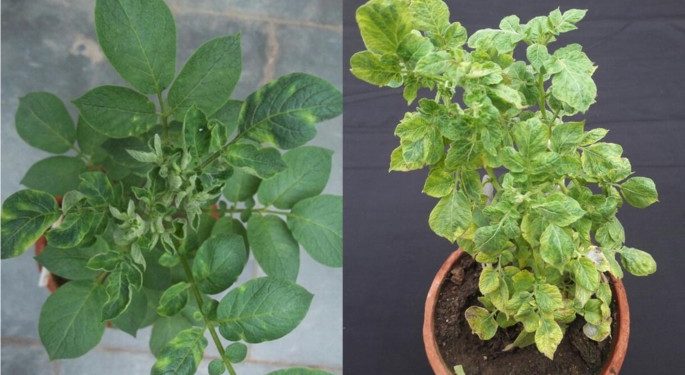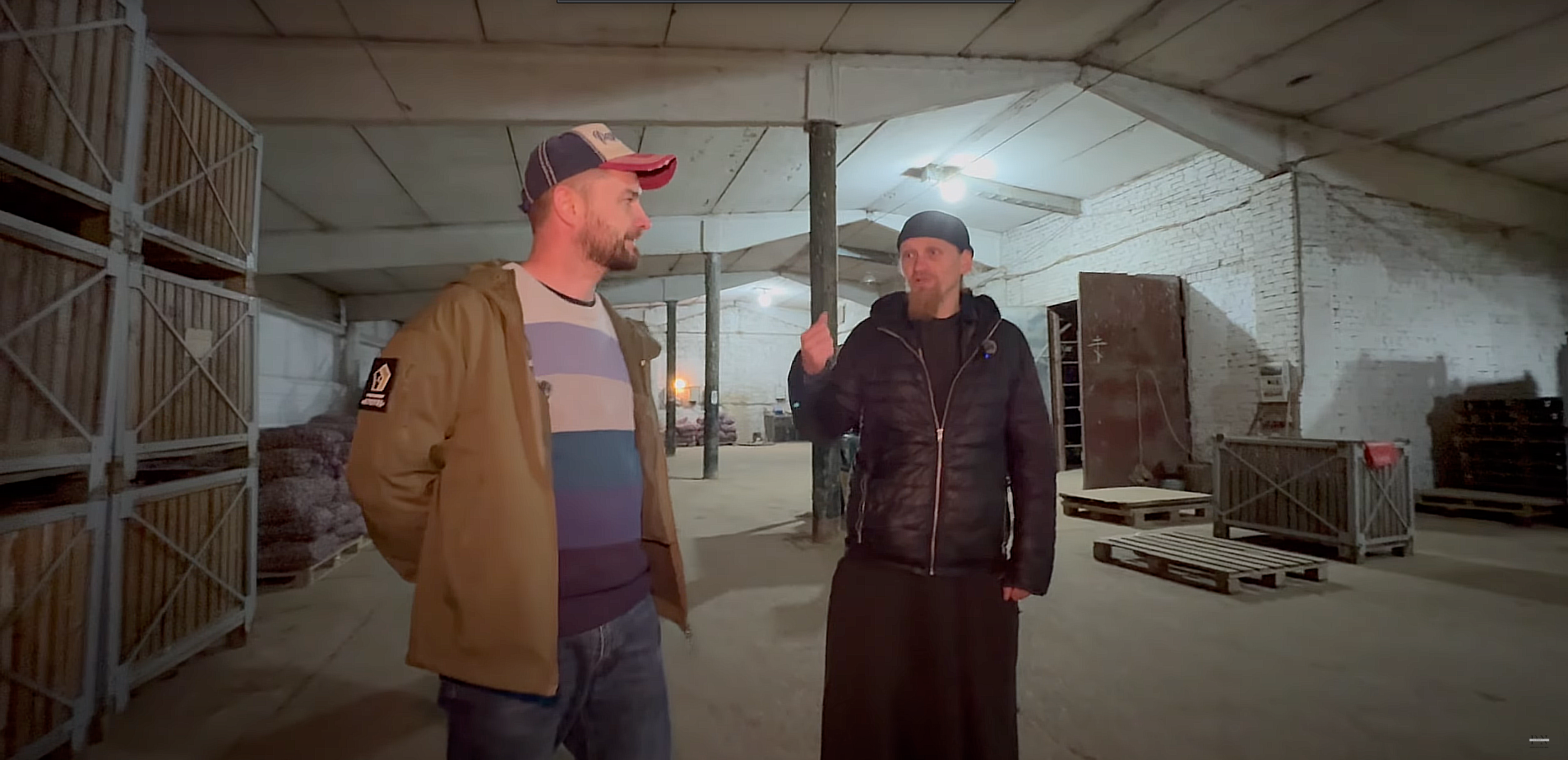Potato virus Z (PVZ) is a serious threat to potato crops worldwide, causing significant economic losses for farmers. In this article, we will discuss the symptoms, transmission, and prevention measures of PVZ.
Potato virus Z (PVZ) is a highly infectious plant virus that primarily affects potato crops. The virus is transmitted through infected seed tubers, insects, and mechanical means, such as contaminated tools or machinery. PVZ is characterized by a range of symptoms, including mottling, yellowing, and stunted growth, which can severely impact crop yield and quality.
According to recent data, the incidence of PVZ has increased in many potato-growing regions worldwide, posing a significant threat to the agricultural industry. To prevent the spread of PVZ, it is essential to implement strict biosecurity measures, such as using certified seed potatoes, disinfecting equipment and machinery, and controlling insect vectors.
In addition, research has shown that early detection of PVZ is critical to preventing its spread. Farmers and agronomists should be vigilant in monitoring their crops and identifying any signs of infection. If PVZ is suspected, it is recommended to conduct laboratory tests to confirm the presence of the virus.
In conclusion, Potato virus Z poses a significant threat to potato crops, and it is essential to take appropriate prevention and control measures to protect your crop from infection. By implementing strict biosecurity measures and early detection, farmers can minimize the impact of PVZ and maintain healthy potato yields.
#PotatoVirusZ #PVZ #agriculture #potatocrop #plantvirus #biosecurity #infectionprevention #earlydetection #agronomy #farming







